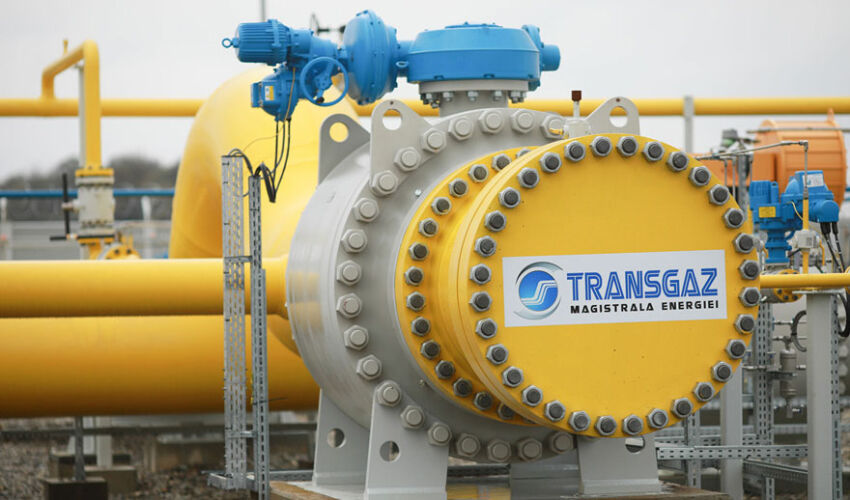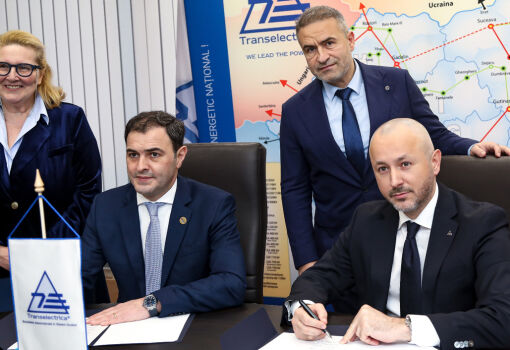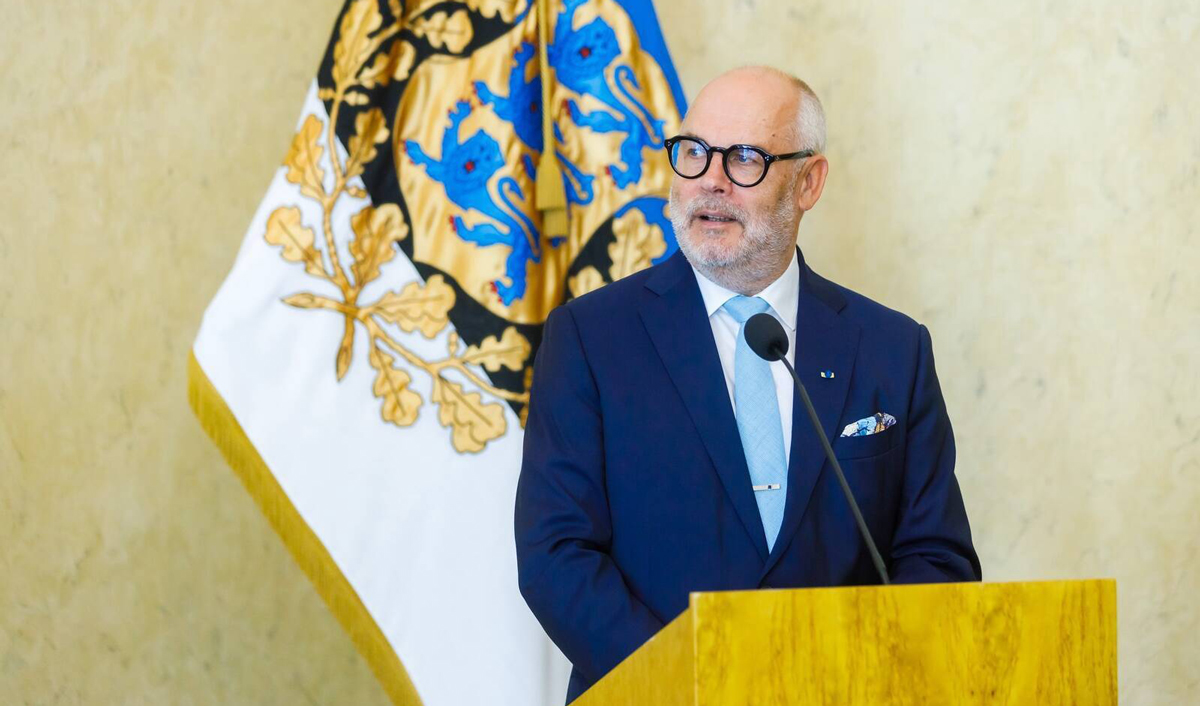
The operator of the national natural gas transportation system in Romania, Transgaz, as well as its subsidiary, Vestmoldtransgaz, which operates a similar system in the Republic of Moldova, have received authorizations to apply, as of November 1, a 50% discount to the regulated tariffs for the reservation of pipeline transit capacity for the import of natural gas for winter deliveries to Ukraine at all relevant connection points.
The authorization decisions were issued on October 24 by the energy regulators of Bucharest and Chisinau.
Ukraine, which is at war on its territory, is increasingly dependent on imports of liquefied natural gas (LNG), including from the United States, which arrives by sea to Greece and then transits via trunk pipelines in Bulgaria, Romania and the Republic of Moldova. The Trans-Balkan route also allows Ukraine to import gas from Azerbaijan and Turkey.
Recently, Russia has increasingly attacked, using missiles and drones, natural gas production, transportation and storage facilities in Ukraine that were untouched at the start of the war when methane produced by Russian state giant Gazprom was still being transported through Ukrainian pipelines to Europe.
This jeopardizes Ukraine’s ability to build up sufficient gas reserves in underground storage facilities for winter deliveries.
Earlier this month, on October 3, in Athens, the gas transmission system operators of Greece (DESFA), Bulgaria (Bulgartransgaz), Romania (Transgaz), the Republic of Moldova (Vestmoldtransgaz) and Ukraine (GTSOU) agreed to extend a separate preferential pricing system for capacity reservation along the vertical corridor for volumes destined for Ukraine.
The system, called Route 1, was implemented on June 1, 2025, and initially provided for a 25% discount at most relevant interconnection points along the entire route, with the exception of Isacci-Orlovca (entry, Romania-Ukraine), Causeni (exit, Moldova-Ukraine) and Grebenica (entry, Moldova-Ukraine). The exceptions were due to the fact that the Ukrainian GTSOU operator already applied a 46% discount to its tariffs.
Ukraine complained about Romania’s excessively high tariffs. This topic was discussed at a recent meeting in Bucharest between Romanian Foreign Minister Oana Tsoiu and U.S. Secretary of State Marco Rubio, who spoke on October 8 about “the role of Romania, which, in practice, contributes to the logistical component, which is very important for the U.S., in terms of LNG supplies to Europe and beyond.”
According to the agreement reached on October 3 and approved by the Romanian and Moldovan ANRE decisions, the system, which was set to expire on October 30, 2025, will be extended until 2026 to cover the upcoming winter season and the upcoming period of underground storage filling. Similar decisions were taken by the energy regulators of other countries involved in this process.
In addition, from November 1, Transgaz and Vestmoldtransgaz will increase discounts to regulated tariffs up to 50% for the connection points Negru-Voda-Cardam, Isaccea-Orlovca, Causeni and Grebeniki.
Greeks and Bulgarians will continue to apply discounts of 25%, while Ukrainians will continue to apply discounts of 46%.
“Route 1 capacity will be offered at a reserve price equal to the sum of the reserve prices, expressed in euro/kWh/day (….) valid for the monthly capacity offer at the interconnection points of Culata-Sidirocastron, Negru-Voda-Cardam, Isaccea-Orlovca, Causeni and Grebeniki, reduced by 25% for DESFA and Bulgartransgaz, by 50% for Transgaz and Vestmoldtransgaz and by 46% for GTSOU due to the restricted access of the respective capacity owners to virtual trading points and national exit points in Bulgaria, Romania and the Republic of Moldova,” the decisions of ANRE of Moldova and Romania said.
The published decisions of the two countries’ regulators do not say whether the decision will affect the cost price of natural gas supplied from Romania to consumers in Moldova, or whether the reduced tariff will apply only to gas that passes through Moldova in transit to Ukraine.
Currently, all natural gas consumed by Moldova comes from Romania through the Transgaz and Vestmoldtransgaz networks.













